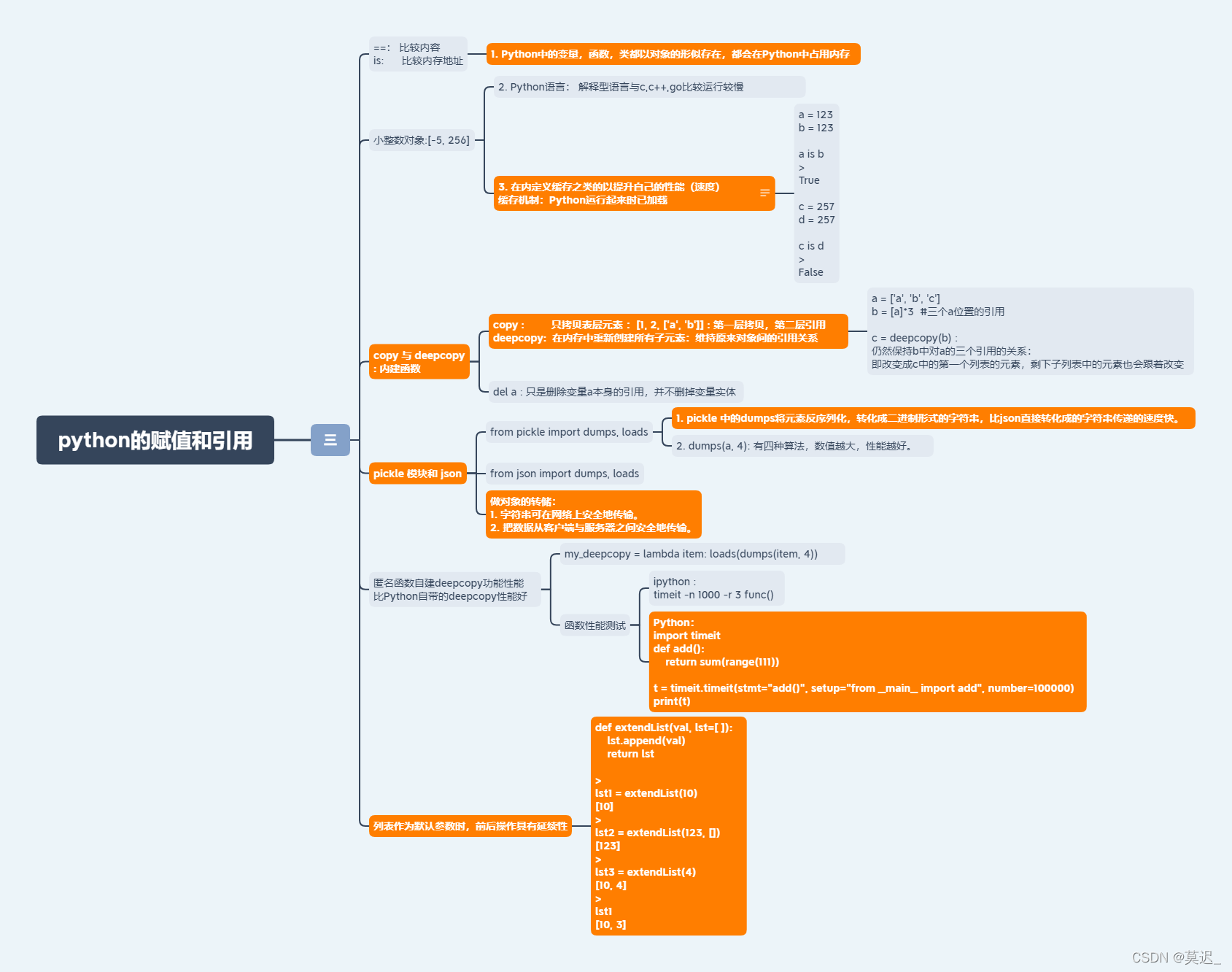使用c#将txt打印到默认打印机
提问于 2009-09-24 06:40:32
有没有办法使用c#向打印机发送.txt?
就像这样
string doc = "c:\temp.txt";
sendToPrinter(doc);回答 4
Stack Overflow用户
回答已采纳
发布于 2009-09-24 06:45:24
Stack Overflow用户
发布于 2017-06-28 15:10:03
评论一个旧的帖子,但由于这是弹出在谷歌搜索的前几个项目的"c#发送文本字符串到打印机“,我想我应该添加我发现的结果...省下别人几个小时的挖掘时间。
有时,我们需要将文本直接发送到打印机-- POS收据打印机、Zebra标签打印机、老式点阵打印机,向HP打印机发送PCL命令或其他转义序列,或者发送原始Postscript文件。正常的PrintDocument方法是不合适的。
微软有一篇知识库文章(322091)提供了一种这样做的方法,how-to-send-raw-data-to-a-printer-by-using-visual-c-.net
该方法涉及到以DLLimports的形式调用WinAPI的某些部分。
为了防止原始文件移动或消失,我在这里复制了该方法的核心,
using System;
using System.Drawing;
using System.Drawing.Printing;
using System.Windows.Forms;
using System.IO;
using System.Runtime.InteropServices;
private void button1_Click(object sender, System.EventArgs e)
{
// Allow the user to select a file.
OpenFileDialog ofd = new OpenFileDialog();
if( DialogResult.OK == ofd.ShowDialog(this) )
{
// Allow the user to select a printer.
PrintDialog pd = new PrintDialog();
pd.PrinterSettings = new PrinterSettings();
if( DialogResult.OK == pd.ShowDialog(this) )
{
// Print the file to the printer.
RawPrinterHelper.SendFileToPrinter(pd.PrinterSettings.PrinterName, ofd.FileName);
}
}
}
private void button2_Click(object sender, System.EventArgs e)
{
string s = "Hello"; // device-dependent string, need a FormFeed?
// Allow the user to select a printer.
PrintDialog pd = new PrintDialog();
pd.PrinterSettings = new PrinterSettings();
if( DialogResult.OK == pd.ShowDialog(this) )
{
// Send a printer-specific to the printer.
RawPrinterHelper.SendStringToPrinter(pd.PrinterSettings.PrinterName, s);
}
}
public class RawPrinterHelper
{
// Structure and API declarions:
[StructLayout(LayoutKind.Sequential, CharSet=CharSet.Ansi)]
public class DOCINFOA
{
[MarshalAs(UnmanagedType.LPStr)] public string pDocName;
[MarshalAs(UnmanagedType.LPStr)] public string pOutputFile;
[MarshalAs(UnmanagedType.LPStr)] public string pDataType;
}
[DllImport("winspool.Drv", EntryPoint="OpenPrinterA", SetLastError=true, CharSet=CharSet.Ansi, ExactSpelling=true, CallingConvention=CallingConvention.StdCall)]
public static extern bool OpenPrinter([MarshalAs(UnmanagedType.LPStr)] string szPrinter, out IntPtr hPrinter, IntPtr pd);
[DllImport("winspool.Drv", EntryPoint="ClosePrinter", SetLastError=true, ExactSpelling=true, CallingConvention=CallingConvention.StdCall)]
public static extern bool ClosePrinter(IntPtr hPrinter);
[DllImport("winspool.Drv", EntryPoint="StartDocPrinterA", SetLastError=true, CharSet=CharSet.Ansi, ExactSpelling=true, CallingConvention=CallingConvention.StdCall)]
public static extern bool StartDocPrinter( IntPtr hPrinter, Int32 level, [In, MarshalAs(UnmanagedType.LPStruct)] DOCINFOA di);
[DllImport("winspool.Drv", EntryPoint="EndDocPrinter", SetLastError=true, ExactSpelling=true, CallingConvention=CallingConvention.StdCall)]
public static extern bool EndDocPrinter(IntPtr hPrinter);
[DllImport("winspool.Drv", EntryPoint="StartPagePrinter", SetLastError=true, ExactSpelling=true, CallingConvention=CallingConvention.StdCall)]
public static extern bool StartPagePrinter(IntPtr hPrinter);
[DllImport("winspool.Drv", EntryPoint="EndPagePrinter", SetLastError=true, ExactSpelling=true, CallingConvention=CallingConvention.StdCall)]
public static extern bool EndPagePrinter(IntPtr hPrinter);
[DllImport("winspool.Drv", EntryPoint="WritePrinter", SetLastError=true, ExactSpelling=true, CallingConvention=CallingConvention.StdCall)]
public static extern bool WritePrinter(IntPtr hPrinter, IntPtr pBytes, Int32 dwCount, out Int32 dwWritten );
// SendBytesToPrinter()
// When the function is given a printer name and an unmanaged array
// of bytes, the function sends those bytes to the print queue.
// Returns true on success, false on failure.
public static bool SendBytesToPrinter( string szPrinterName, IntPtr pBytes, Int32 dwCount)
{
Int32 dwError = 0, dwWritten = 0;
IntPtr hPrinter = new IntPtr(0);
DOCINFOA di = new DOCINFOA();
bool bSuccess = false; // Assume failure unless you specifically succeed.
di.pDocName = "My C#.NET RAW Document";
di.pDataType = "RAW";
// Open the printer.
if( OpenPrinter( szPrinterName.Normalize(), out hPrinter, IntPtr.Zero ) )
{
// Start a document.
if( StartDocPrinter(hPrinter, 1, di) )
{
// Start a page.
if( StartPagePrinter(hPrinter) )
{
// Write your bytes.
bSuccess = WritePrinter(hPrinter, pBytes, dwCount, out dwWritten);
EndPagePrinter(hPrinter);
}
EndDocPrinter(hPrinter);
}
ClosePrinter(hPrinter);
}
// If you did not succeed, GetLastError may give more information
// about why not.
if( bSuccess == false )
{
dwError = Marshal.GetLastWin32Error();
}
return bSuccess;
}
public static bool SendFileToPrinter( string szPrinterName, string szFileName )
{
// Open the file.
FileStream fs = new FileStream(szFileName, FileMode.Open);
// Create a BinaryReader on the file.
BinaryReader br = new BinaryReader(fs);
// Dim an array of bytes big enough to hold the file's contents.
Byte []bytes = new Byte[fs.Length];
bool bSuccess = false;
// Your unmanaged pointer.
IntPtr pUnmanagedBytes = new IntPtr(0);
int nLength;
nLength = Convert.ToInt32(fs.Length);
// Read the contents of the file into the array.
bytes = br.ReadBytes( nLength );
// Allocate some unmanaged memory for those bytes.
pUnmanagedBytes = Marshal.AllocCoTaskMem(nLength);
// Copy the managed byte array into the unmanaged array.
Marshal.Copy(bytes, 0, pUnmanagedBytes, nLength);
// Send the unmanaged bytes to the printer.
bSuccess = SendBytesToPrinter(szPrinterName, pUnmanagedBytes, nLength);
// Free the unmanaged memory that you allocated earlier.
Marshal.FreeCoTaskMem(pUnmanagedBytes);
return bSuccess;
}
public static bool SendStringToPrinter( string szPrinterName, string szString )
{
IntPtr pBytes;
Int32 dwCount;
// How many characters are in the string?
dwCount = szString.Length;
// Assume that the printer is expecting ANSI text, and then convert
// the string to ANSI text.
pBytes = Marshal.StringToCoTaskMemAnsi(szString);
// Send the converted ANSI string to the printer.
SendBytesToPrinter(szPrinterName, pBytes, dwCount);
Marshal.FreeCoTaskMem(pBytes);
return true;
}}
Stack Overflow用户
发布于 2009-09-24 06:59:36
微软为.NET on How to: Print a Multi-Page Text File in Windows Forms提供了适用于.NET 2.0、3.0、3.5和4.0的更新文档。
在luvieere的回答中,它本质上是一个更新的、更完整的文档版本,它是为.NET 1.1编写的
页面原文内容由Stack Overflow提供。腾讯云小微IT领域专用引擎提供翻译支持
原文链接:
https://stackoverflow.com/questions/1472153
复制相关文章
点击加载更多









